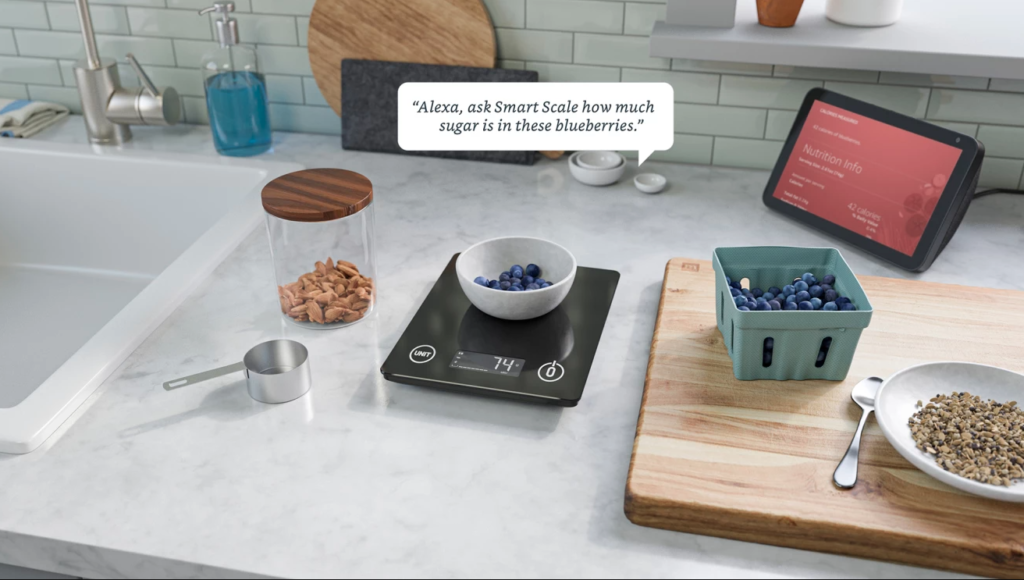Silicon is the theme of this week’s show, starting with a rundown on the chip shortage affecting the automotive and IoT world. Then we talk about the Los Angles Police Department requesting footage from connected doorbell cameras during the Black Lives Matter protests before moving on to Amazon’s new Kickstarter-like program for new Alexa products. In new product news, we cover Wyze’s color-changing light bulbs, Facebooks’ rumored smartwatch, and a peer-to-peer mesh network using the ClusterDuck protocol. We then share a new command for Google Assistant, discuss funding for an AI chip company, speculate on Verizon’s purchase of a robotics software startup, and dig into the many DIY options for building your own image recognition models. We end by answering a question about products that might help you save money on your electric bill.

Our guest this week is Alasdair Allan, technical documentation manager at Raspberry Pi Trading, the commercial arm of the Raspberry Pi Foundation. Allan explains why the Foundation decided to build its own chip for the first Pi Pico microcontroller and why the Pi Foundation even built a microcontroller in the first place. He also discusses how the Pi Pico differs from an Arduino, talks up some use cases, and dives into ways it might be used for machine learning at the edge. After declining to tell me what might be next for the Pi Foundation, he did point out that no one assembles a chip design team to build just one chip, so it sounds like there’s a lot to look forward to.
Hosts: Stacey Higginbotham and Kevin Tofel
Guest: Alasdair Allan, technical documentation manager at Raspberry Pi Trading, the commercial arm of the Raspberry Pi Foundation
Sponsor: Very
- What’s behind the chip shortage and how long will it last?
- We can’t expect Ring to police the police, so here’s what we should expect
- Project OWL is a public safety or industrial mesh network
- The custom-chip in the Pi Pico is designed for flexibility
- Tiny ML means less internet in the IoT
Podcast: Play in new window | Download | Embed
Subscribe: RSS
